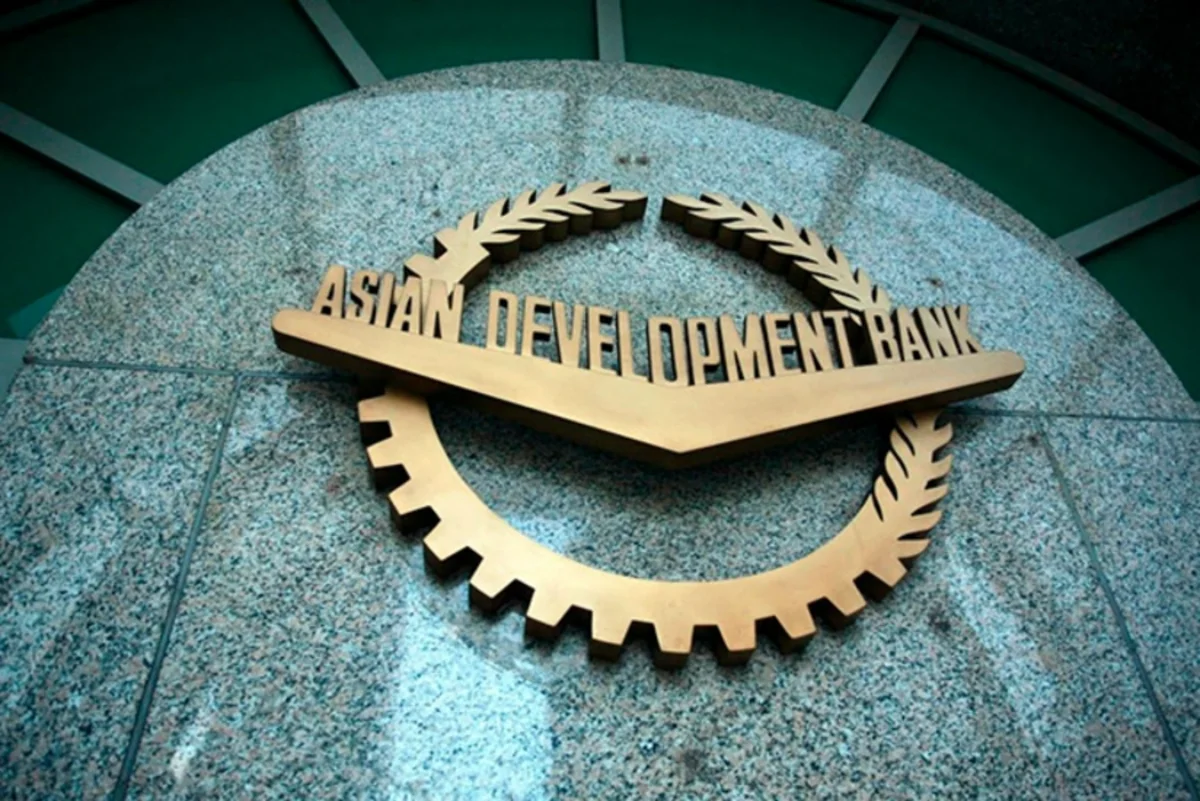ADB to support universal health coverage in Azerbaijan
- 19 November, 2025
- 18:56

The Asian Development Bank (ADB) is considering providing technical assistance for the regional project "Accelerating and Sustaining Universal Health Coverage (UHC) through the UHC Practitioners and Experts, Exchange and Resources (UHC PEERS) Network."
As Report notes with reference to ADB, the project covers 43 countries, including Azerbaijan. Funding in the amount of $495,000 is planned to be allocated through the Special Technical Assistance Fund.
The project aims to support the efforts of countries in advancing toward universal health coverage. As part of the initiative, ADB will create a network of practitioners and policy specialists - UHC PEERS, which will focus on exchanging experience and jointly developing solutions in the healthcare sector.
The technical assistance includes the following areas of work: creating a repository of best practices and knowledge on UHC implementation in the region and beyond; developing solutions, including gender-oriented digital tools for healthcare; facilitating peer-to-peer experience exchange between countries; joint capacity building through networks and professional alliances, including private sector participation; creating online platforms for knowledge sharing.
Despite the fact that universal health coverage is included in the UN Sustainable Development Goals, many countries in Asia and the Pacific are still lagging in achieving UHC. The coverage index in the region increased from 45 to 68 points between 2000-2021, however, progress has notably slowed: from 2015 to 2021 - an increase of only 3 points, and after 2019 growth stopped.
Among the key issues highlighted are low coverage of informal sector workers; ensuring service quality; preventing fraud; reforming provider payment systems; weak use of digital technologies and AI; high share of direct out-of-pocket expenses - over 40% in many countries; low average healthcare spending - about $40 per person against WHO recommendations of at least $86.
"The COVID-19 pandemic further complicated the situation: in 2021, basic medical services were disrupted in 92% of countries, and 25 million children did not receive vaccinations. Countries with more resilient UHC systems weathered the crisis better," the bank emphasizes.
ADB notes the need for active private sector involvement. Despite concerns about competition, private sector participation is viewed as an important element of sustainable healthcare systems. As part of the technical assistance, countries will receive advice on developing and implementing UHC, ensuring accessibility and quality of medical services, as well as access to a regional knowledge platform.
Azerbaijan has been a member of ADB since 1999. During this period, the bank has invested about $5.6 billion in the country, including $4.4 billion in the public sector and $1.2 billion in the private sector. The largest areas of financing are transportation ($1.5 billion) and energy ($1.7 billion).
Under the new partnership strategy, ADB is ready to invest up to $2.5 billion in Azerbaijan.
ADB was established in 1966, with headquarters in Manila. The bank unites 69 shareholder countries, of which 50 are states from the Asia-Pacific region.
